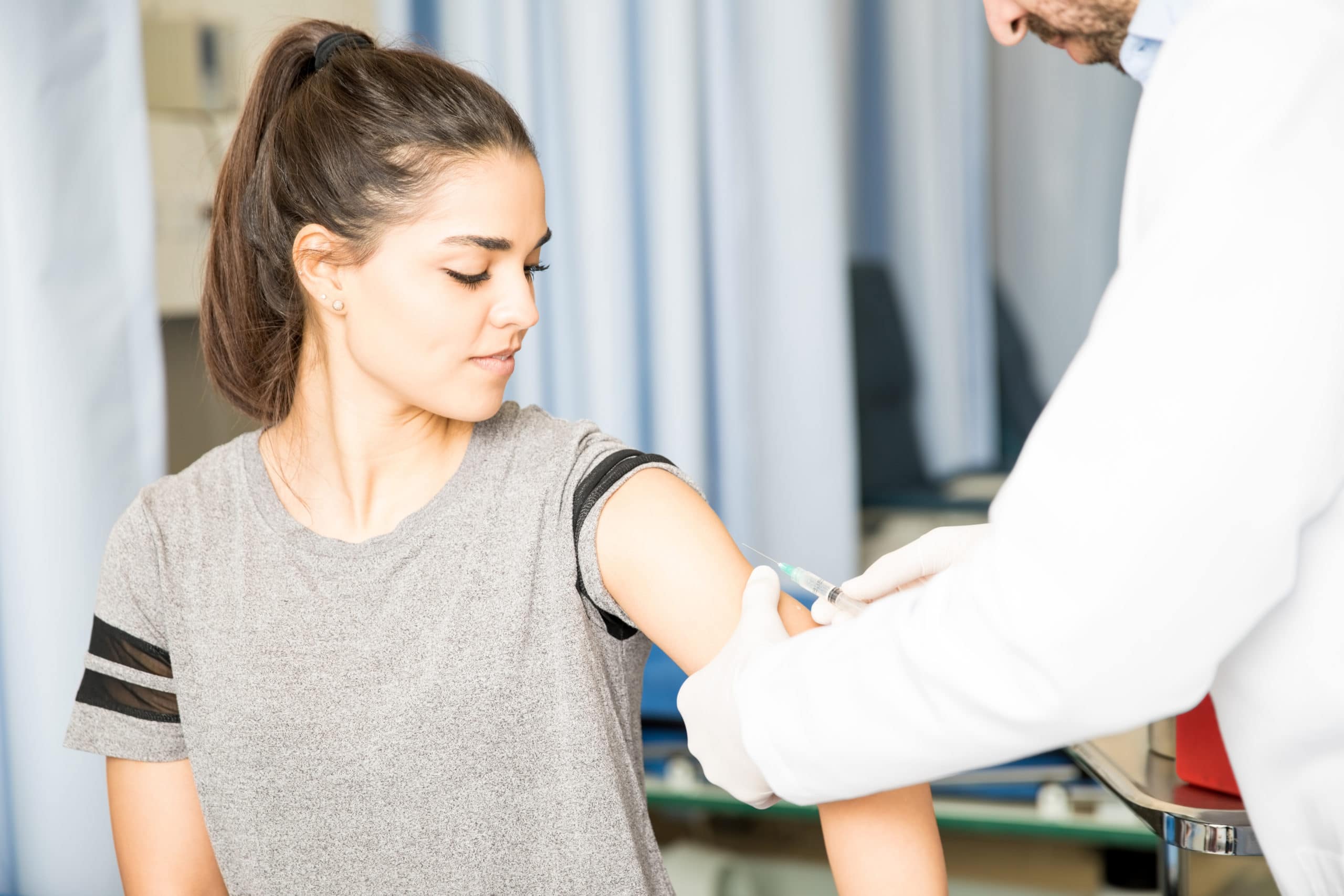As an adult it is common to forget that you still need to stay up to date on your vaccines. Many think that the only vaccines they need are the ones they got when they were children and forget to stay up to date as they go through adulthood. If you are unsure which vaccines you still need we are here to help you.
What vaccines do adults need?
Adult vaccines to consider include:
- Flu (influenza) vaccine. To prevent the flu, the CDC recommends annual flu vaccination for everyone ages 6 months or older. Adults age 50 and older should not get the nasal spray flu vaccine. The flu can cause serious complications in older adults.
- Pneumococcal vaccine. The CDC recommends the pneumococcal vaccines — there are two — for adults age 65 and older. Younger adults at increased risk for pneumococcal disease also might need a dose of the vaccine. Pneumococcal disease causes infections, such as pneumonia, meningitis and bloodstream infections.
- Tetanus toxoid, reduced diphtheria toxoid and acellular pertussis (Tdap) vaccine. One dose of Tdap is routinely given at age 11 or 12. If you’ve never had a Tdap vaccine, the CDC recommends getting the Tdap vaccine as soon as possible. One dose of Tdap vaccine is also recommended during each pregnancy, ideally between week 27 and 36 of pregnancy. Tdap can protect you from tetanus (lockjaw), whooping cough (pertussis) and diphtheria, which can lead to breathing problems. A Td booster is recommended every 10 years.
- Shingles. To prevent shingles, the CDC recommends the vaccine Shingrix for healthy adults age 50 and older. It’s given in two doses. While not life-threatening, shingles can be very painful.
- Human papillomavirus (HPV). The CDC recommends the HPV vaccine for girls and boys ages 11 or 12. Teens and young adults who begin the vaccine series later, at ages 15 through 26, should continue to receive three doses of the vaccine. The FDA also has approved the HPV vaccine Gardasil 9 for males and females ages 9 to 45. HPV is a common virus that can lead to cancer.
- COVID-19. When you are eligible, get a coronavirus disease 2019 (COVID-19) vaccine. A COVID-19 vaccine might prevent you from getting COVID-19 or from becoming seriously ill or dying due to COVID-19.
How to check your vaccination status
To gather information about your vaccination status, talk to your parents or other caregivers. Check with your doctor’s office, as well as any previous doctors’ offices, schools and employers. Or contact your state health department to see if it has a registry that includes adult immunizations.
If you can’t find your records, your doctor might be able to do blood tests to see if you are immune to certain diseases that can be prevented by vaccines. You might need to get some vaccines again.
Have questions or concerns? Call Dr. Saska Sookra. Lifestream Family Medicine wants to be your primary care facility. Contact us to schedule an appointment by clicking this link or calling (941) 755-0433







